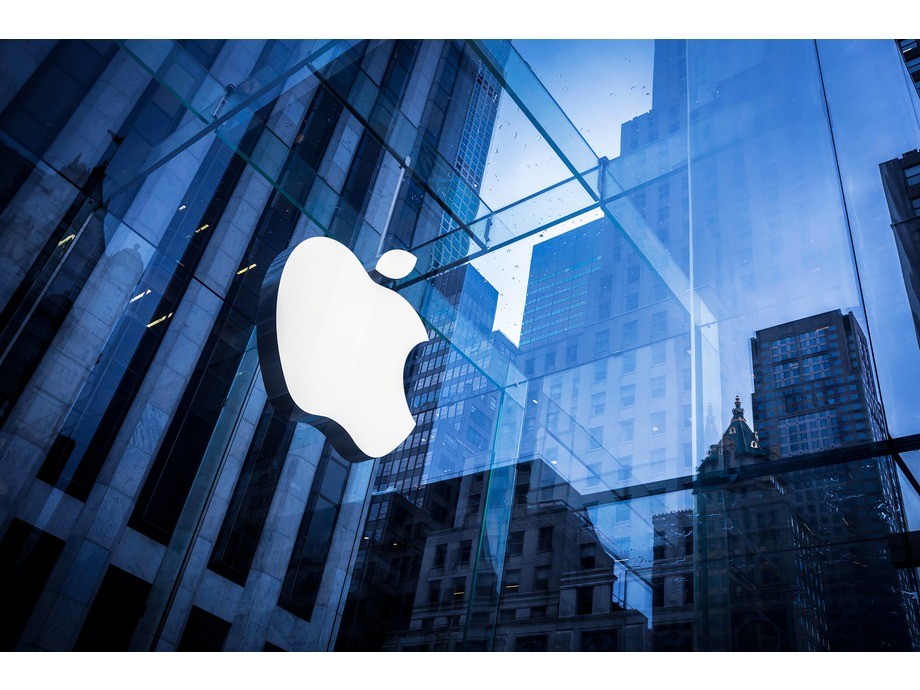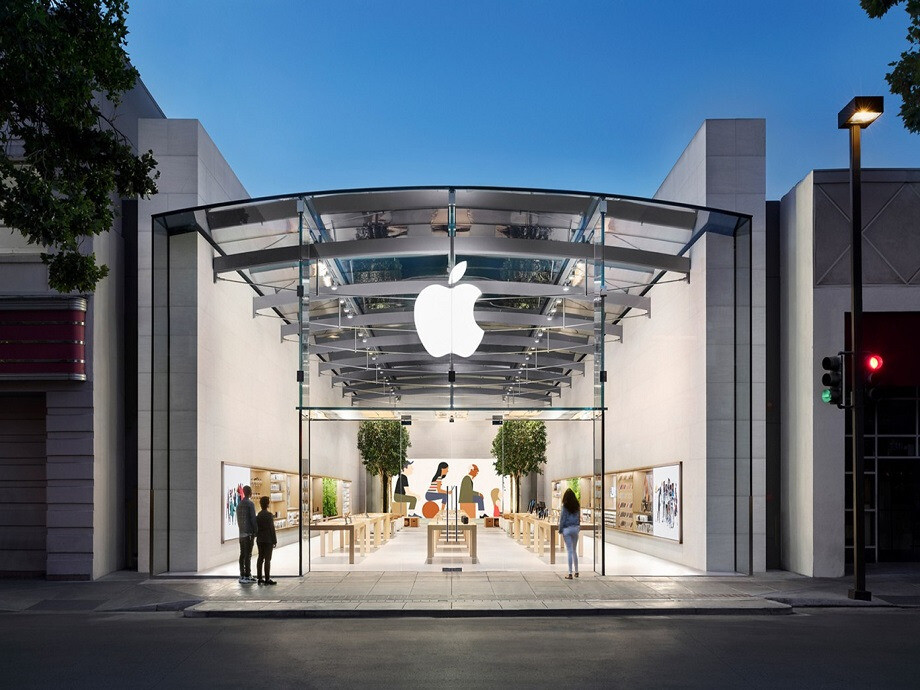
Apple Finally Embraces NFC Technology
It's been a long time coming. Finally Apple has come around to the fact that the whole world has been benefiting from NFC technology - without them.
Apple chose its Worldwide Developers Conference (WWDC), which took place from 5th to 9th June in San Jose, California, as the time and place to announce that its next iOS operating system - iOS 11 - will support Near Field Communication (NFC) technology for the first time.
What does this mean in practical terms to the consumer? That users of the iPhone 7 and 7 Plus who accept the new iOS 11 update will have support for Contactless NFC tag reading. NFC capabilities will also be available for the Apple Watch in the form of watchOS 4.
Apple clarified to users of these devices that: "Using Core NFC, you can read NFC tags of types 1 through 5 that contain data in the NFC Data Exchange Format (NDEF)."
Explaining how the technology will work on hand sets, Apple continued: “A running reader session polls for NFC tags and calls the delegate when it finds tags that contain NDEF messages, passing the messages to the delegate. The delegate can read the messages and handle conditions that can cause a session to become invalid.”
Apple had previously barred the way to NFC for users of the iPhone, only making Apple Pay - an 'in house' NFC variant which facilitates Cashless payment at certain outlets - available on handsets such as the iPhone 6. It is unclear exactly what caused the change in strategy, but the raft of NFC apps which have been made available for Android devices - both consumer and business orientated - risked leaving Apple behind. It appears they have finally come to the realisation that customers around the world now expect more NFC possibilities from their devices.
A possible NFC use for the Apple Watch has already been outlined by the company, with a connection from the time piece to gym equipment able to act as a communication channel for health and fitness data.
Who will benefit?
At NFC Direct we have witnessed first hand the meteoric rise of NFC in the business world. This Contactless technology has been the catalyst behind huge advances in sectors such as logistics, where item tracking has been revolutionised; in security, where event organisers now have a tighter grasp on controlling access to equipment and zones within an event space; in marketing, with a new level of interaction between consumers and brands being reached thanks to NFC; and in retail, where consumer behaviours and habits can now be tracked more effectively.
What Apple's announcement means is that no user of an iPhone need be handicapped any longer due to a lack of NFC capability. With iOS 11, in theory the owner of an iPhone 7 will be able to perform the same NFC functions as the owner of an Android, subject to the right app being available. For businesses who prefer their work force to use Apple devices, but up until now have been restricted to iPhones, this comes as welcome news, and the end to an unnecessary headache. For consumers, it now means that iPhone users will have access to the same nifty technology which allows social media accounts to be followed, or competitions entered, at the swipe of a smart phone. It is estimated that over 200 million iPhone users will be able to utilise NFC technology before the year is out.
A development boost
One element of this news which should not be overlooked is the potential stimulus for developers. App creators who had once concentrated all their efforts on Android, will now apparently have the option to make two versions of NFC enabled apps. There is also the potential for a whole new wave of apps which are are more tailored to the capablities of the iPhone.
Offering an interesting industry insight, writing for IBM, noted software engineer Lisa Seacat Deluca offered the following: "Before NFC, I might’ve used QR codes or traditional barcodes to allow consumers to interact with some of my fun projects. But the problem with these technologies is the friction they cause to the user experience. As a user of QR codes, for example, you would have to take your phone out of your pocket, and turn on the camera/barcode application to scan the code, before the data could be read. NFC tags, on the other hand, can be read without launching a separate application. It’s as easy as tapping your device to the tag to read its content."
She went on to highlight the inexpensive nature of NFC tags when compared to Bluetooth or competition RFID technologies.
What does this mean for NFC Direct?
The news of Apple's NFC acceptance is hugely significant, not only for NFC Direct clients, but for the audiences which can interact with the NFC technology which our clients use. As a global leading NFC provider, the Contactless NFC Marketing Products which we produce - from NFC Enabled Smart Posters to NFC Business Cards and NFC Wristbands - can be used by hundreds of thousands to millions of consumers. Up until this point, there has been a dividing line between Android users who have been privy to NFC communication, and all the extra information and access it brings, and iPhone users who have not had the luxury. Now that has all changed, and our clients' potential audience has been virtually doubled over night.
Unanswered questions?
Based on what Apple uncovered at the WWDC, and from their statements thus far, we have limited information on which to base judgements. Much of what Apple has told us so far leads to questions on what they haven't told us! One of the biggest questions we now face is whether Safari opens up once interacted with an NFC Tag / Product? Particularly where consumer focused apps are concerned, the level of interaction, and the kind of marketing and sales activities which NFC apps for the iPhones can enable, will be influenced by whether the web browser can be automatically opened.
There is also the question of just how far the NFC capabilities will go. Some commentators have assumed that the iOS 11 system will allow for only the reading, rather than card emulation or the writing of tags. There is, of course, the possibility that Apple will reveal more NFC functionality over the coming weeks - so stay tuned! The public release of iOS 11 is not due until the autumn, at around which time the iPhone 8 is also rumoured to be on the way, so it is fair to say there might be a few more twists and turns in Apple's NFC story yet.



Comments